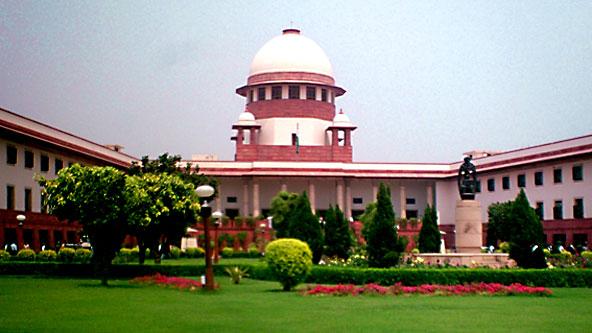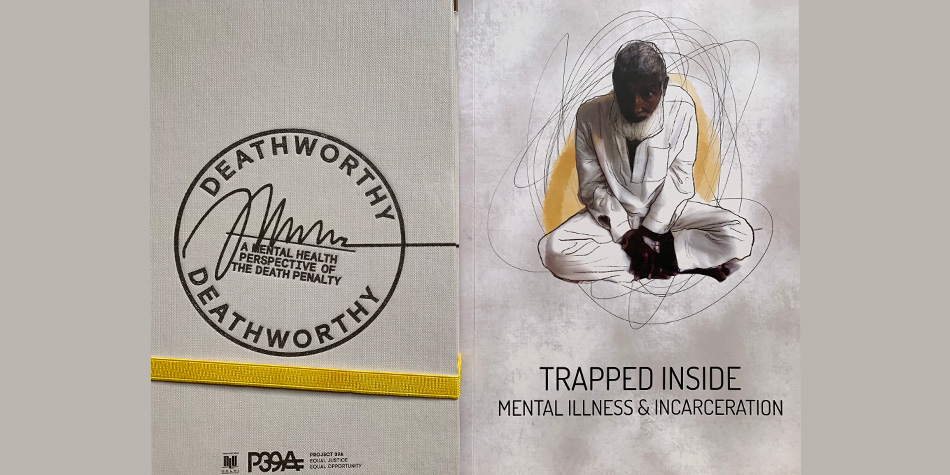
Indian ruling highlights importance of next World Day
World Day
The Court (pictured) ruled in favour of two prisoners who petitioned for a commutation of their death sentences to life imprisonment, claiming “the unconscionably long delay in deciding the mercy petition has caused the onset of chronic psychotic illness”.
It acknowledged the “unbearable mental agony after confirmation of death sentence” and added that in some cases “death-row prisoners lost their mental balance on account of prolonged anxiety and suffering experienced on death row”.
“The march of civilisation”
Worldcoalition.org spoke to lead counsel for the petitioners, Yug Chaudhry, who affirmed that the physical conditions on death row in India exacerbate the prisoners’ emotional distress (also know as death row phenomenon).
According to the Death Penalty Worldwide database, the conditions on death row in India are “harsh and life-threatening”. Prisoners on death row in Tihar Jail, Delhi, are “kept in solitary confinement in high-security cells no larger than 10 sq. feet.” High rates of suicide are also reported in Indian prisons.
“The judgement is a tribute to the independence of the judiciary, constitutional values and the evolving standards of decency which characterises the march of civilization,” said Chaudhry
He added: “Very few nations still execute prisoners who are mentally ill. India has not executed a mentally ill prisoner for more than 30 years. But the formal ban on doing so was handed down for the first time in this verdict. I think it will influence other countries, especially because among the retentionist countries, India is the most populous, among the biggest geographically, and looms large in Asia.”
Japan is one of the countries with the most serious cases of mental illness on death row, and it will be one at the heart of this year’s World Day Against the Death Penalty.
On 10 October, 2014, abolitionists around the world will highlight the links between capital punishment and mental disorders – and progress made in those countries that have made efforts to break them.
“Well-established canons of human rights”
In coming to its position, the Indian Supreme Court referred to the “well-established canons of human rights”, which prohibit the execution of the mentally ill.
“The directions of the United Nations International Conventions, of which India is a party, clearly show that insanity/mental illness/schizophrenia is a crucial supervening circumstance, which should be considered by this Court in deciding whether in the facts and circumstances of the case death sentence could be commuted to life imprisonment,” it remarked.
The ruling mentioned Resolution 2000/65 of the United Nations’ Human Rights Commission, which urges “all States that still maintain the death penalty… not to impose the death penalty on a person suffering from any form of mental disorder or to execute any such person”.
At the end of the judgement the Court listed guidelines to safeguard the interest of the death row convicts. Number 8 requires there to be “regular mental health evaluation(s) of all death row convicts and appropriate medical care should be given to those in need”.







